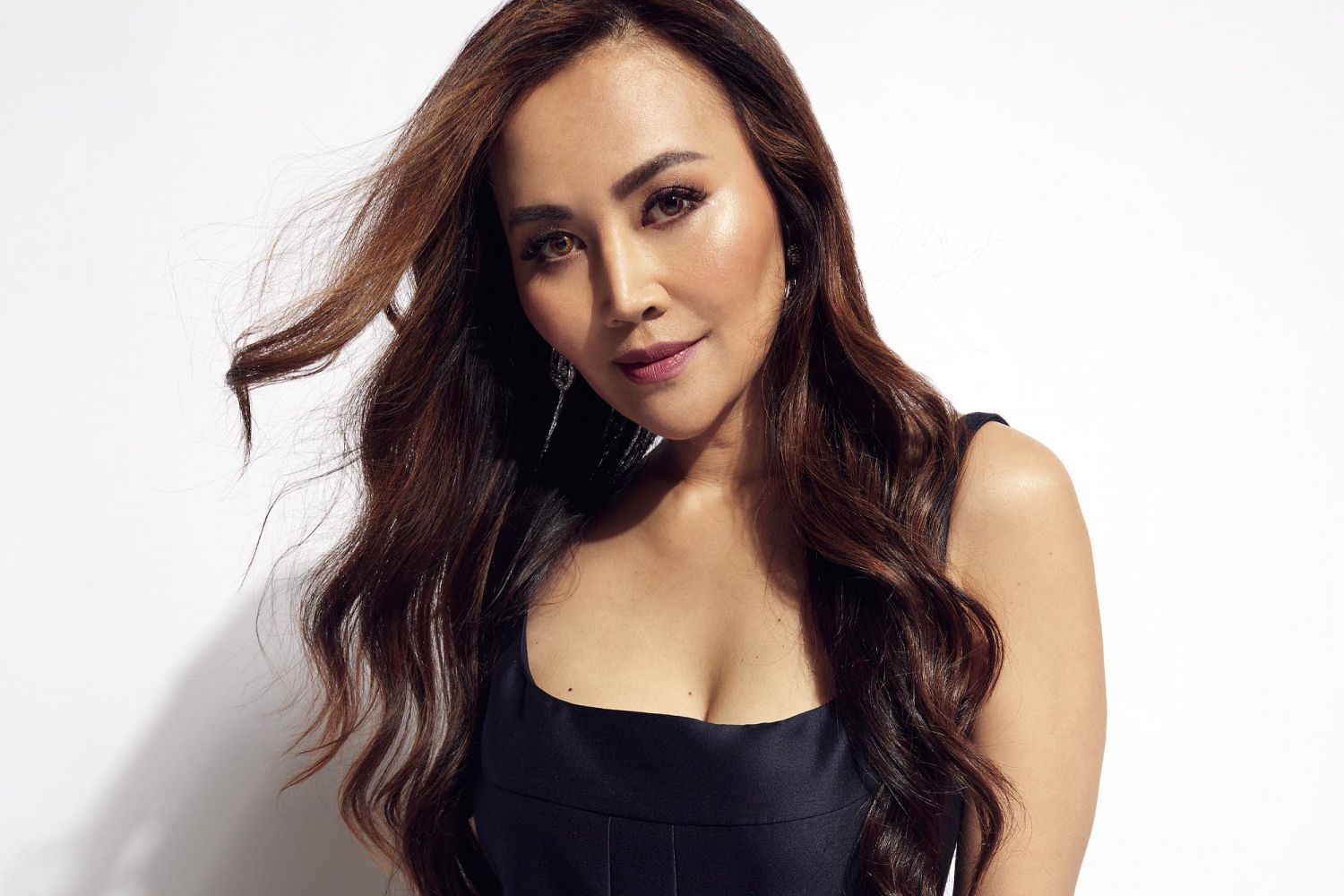
Long recognised as a sharp business leader and glamour queen, Rany Moran adds another feather to her cap with her quest to help people realise their best selves
Rany Moran has words for employees tempted to quit their jobs as part of the Great Resignation trend. “It’s not the year to resign,” she urges. “It’s the year to master sustainable resilience.”
One wonders how Moran, whose public image until last year—when she emerged as a life coach—had been that of a high society cover girl and fashion maven, qualifies to speak about perseverance. Surely, her striking beauty as well as society and business connections tip the scales of success in her favour. Moran herself is aware of the prevailing perception, but also the necessity of speaking the truth if she is to help others realise their self-worth.
“To be honest, I’ve never revealed so much of my vulnerability before,” admits Moran from Sydney, where she has been based for the past five years.
“Before speaking to an audience, I think to myself, ‘Am I going to share my success stories, credentials, the superficial things?’ If so, how can I tell people to believe in themselves, to be brave in confronting their own limitations, if I only preach and not walk the talk?’ That’s why I’m ready to tell my story. It’s important for people to hear that it’s okay to not be okay.”
Don't miss: Speaking Up and Embracing Challenges: 3 Female CEOs Who Walk the Talk
A Turbulent Childhood
Though it appears like she has it all—looks, family, career and wealth—Moran reveals that she has spent her life finding ways to deal with psychological barriers, anxiety and depression. The mother of two grew up in an Indonesian business family that, while well to do, is devoid of warmth and affection. Her teenage years in Jakarta were marked by rebelliousness and conflicts with her parents. Though explicitly forbidden to enter modelling, she did and kept her stint a secret until her father discovered her on the cover of a magazine.
During this time, she struggled with managing stress and sleeping, going to bed for two to three hours a night, or not at all when she was at her most troubled. There was no help for her in Jakarta, where people believed that psychological counselling was for the crazy, and her symptoms were attributed to hormonal changes.
“Just be close to your religion, you’ll get over it,” she was advised. She was later diagnosed by psychologists in Australia and Singapore to have had serotonin deficiency, which causes mood swings, depression and sleeplessness.
Her failure to live up to her and her parents’ expectations would psychologically scar her for years to come. At 16, she was given a garment manufacturing factory to manage to prove her business acumen. She had to shutter it four years later, in 2000, when the factory could not recover from the fallout of civil riots in Indonesia and the world financial crisis.
“It was my pride and joy, my identity,” she says. In failing, even when circumstances were beyond her control, she felt she had let down her employees and her father, and worse, reinforced the Asian belief that opportunities are for males; that women, no matter how smart or hard-working, should just get married and be a good wife.


